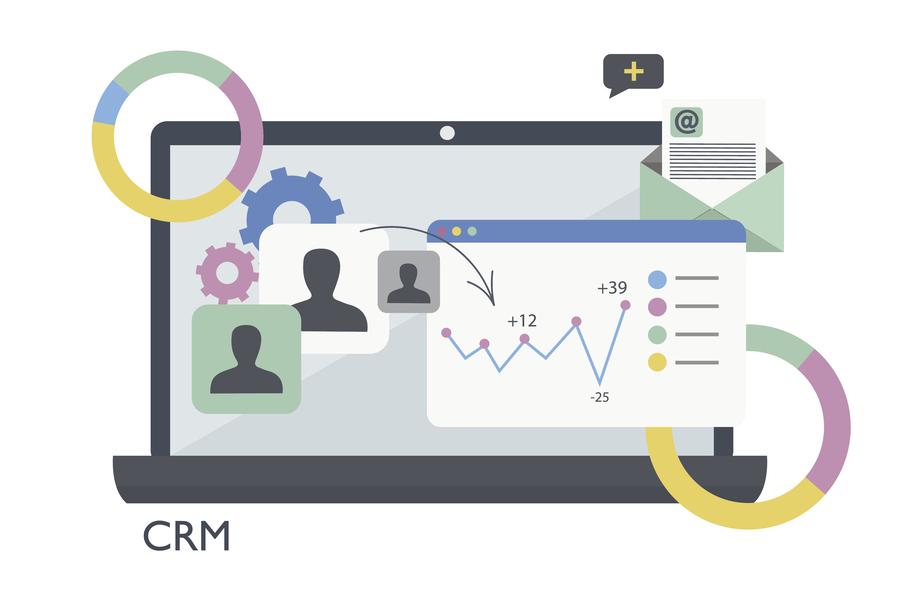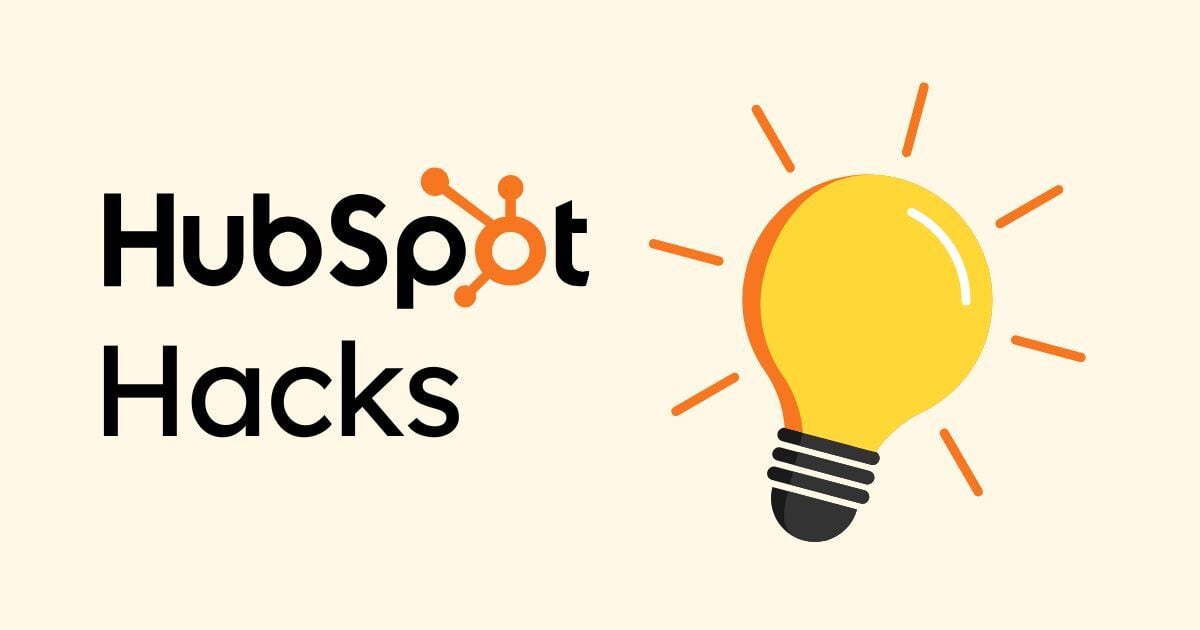
8 Reasons Why Every Financial Services Firm Needs a CRM

Whether you are a single fund manager or an advisor with 10-100 agents, you’re under pressure to meet ever-changing compliance requirements while running and growing your business. No small task. However, there are plenty of technology solutions available to help you succeed. A CRM enables you to manage prospect and client relationships—and the data associated with these contacts—from one central hub.
40% of salespeople still use informal means such as Microsoft Excel or Outlook to store its lead and customer data. (HubSpot, 2016)
Not sure if you’re ready to trade your Excel spreadsheets for a CRM?
Here are 5 signs that your financial services firm needs a CRM:
- You lack a centralized data location across your organization
- Reporting and analysis is tedious and time-consuming.
- You’re losing track of data.
- You’re unable to stay in touch or call up data on the go.
- You treat every customer the same.
#1 Fill the Pipeline
It’s crucial that you have the most current data on your prospects to save you time. A CRM solution should not only be a repository for data, but it can help you refresh outdated records and capture leads automatically from website forms.
#2 Solidify Client Relationships
A CRM can be a relationship tool: from custodial data to portfolio accounting to email. The right CRM will have built-in internal task management functions, allow the user to enter notes, set up alerts and reminders, and provide automated follow-up functions to nurture relationships – while saving time. The right CRM will also provide a financial client’s allocation preferences, risk tolerance, account history, beneficiaries, and more.
#3 Accessing Data On the Go
Today’s investors are mobile, and they expect you to have their latest account data, as well as market action, literally at hand for immediate discussion. Your CRM must be device-responsive to give you access to information on the go. That means a cloud-based, responsive, device-agnostic CRM tool is a must.
#4 Social Insights
The right CRM solution lets you join the conversation and gather valuable social insight the same way it does from other business-building touch points such as phone, web, and email. With social users outnumbering email users, now is the time to participate in social media—such as Facebook, Twitter, and LinkedIn—to hear what customers and prospects are saying, respond more quickly to questions and issues, and demonstrate your firm’s subject matter expertise.
#5 Pinpointing Business Metrics for Growth
The right CRM will be the hub of your practice, allowing you to measure your firm’s performance quickly and consistently to see where you can make improvements. It not only serves as a central repository for client data but also provides a big picture view of your firm’s performance through built-in reports and dashboards. These dashboards and reports deliver real-time snapshots of your key business metrics, empowering financial firms to make smarter decisions.
#6 Increase Productivity
29% of salespeople are spending an hour or more on data entry each and every day. (HubSpot, 2016)
The right CRM that acts as central data hub will integrate with other applications, such as email, document management, and compliance, giving you a single location to view vital information. This kind of digital centralization provides great operational efficiency and productivity benefits. Business tasks can be automated, streamlined, and standardized. For example, integration with email and calendaring enables you to easily send and track client communications directly from the CRM system. You can trigger customized workflows to automate prospecting as well as client onboarding.
#7 A Key Collaboration Tool
Whether your financial firm is a single branch of a larger organization, or a one-person operation, your CRM can help connect internal employees and departments so everyone is on the same page with regards to client data. A CRM can also be set up with special internal user permissions. From tracking down presentations and documents, to adding special notes to a prospect’s contact profile, a CRM should be the business tool that connects everyone on an operational level allowing you to leverage your firm’s collective expertise to get faster answers, gather better intelligence, identify opportunities, and close sales.
#8 A Customizable Springboard for Growth
Financial firms of any size that want to succeed can’t afford to use outdated technologies. A proper CRM will be secure, scalable, cloud-based, and have no hardware or software to install, back up, and maintain. To keep growing you need a CRM that’s constantly being updated and enhanced—from within by the provider. To extend the power of your CRM, many CRM providers offer application exchanges. These exchanges are marketplaces offering both free and paid cloud-based apps that are easy to install and update. Many firms use these app exchanges to customize their CRM and maximize business-building efforts.
Conclusion
Your business technology can either propel or hinder your business. The right CRM will make all the difference; connecting you to clients in a more meaningful way while helping your operation run more efficiently. A CRM enables financial services firms to become social, mobile, and agile without having to buy hardware, or needing an IT staff to keep it all running.
An ideal CRM goes beyond record-keeping. It should be a platform that helps manage and build your business, is accessible from any device, securely safeguards data, has built-in marketing automation – all this, and it should be easy enough to actually use.
At Gate 39 Media we advise clients and develop plans for getting the most from a CRM or automated marketing platform that works for you. To boost the visibility of your firm or advisory, learn more about our CRM services.
Editor’s Picks
If you've been living inside HubSpot like we have, you know the true magic is in the small, hidden tricks—those little shortcuts that save hours and...


Connect with us to discover how we can help your business grow.
.jpg)
